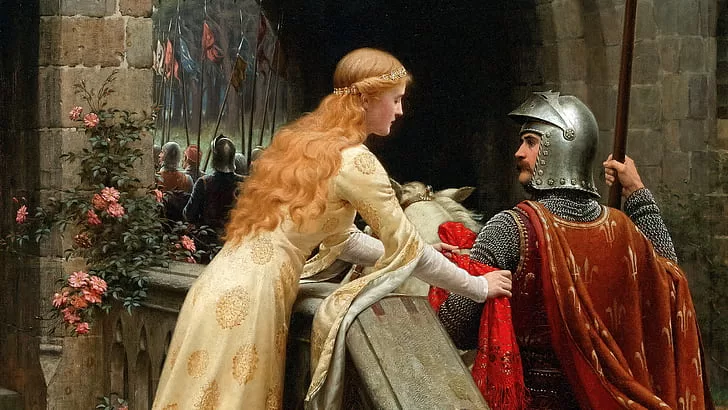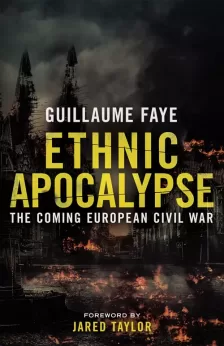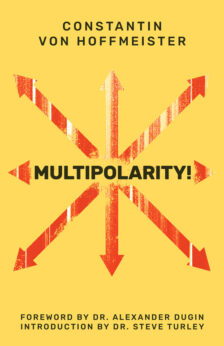I have been in somewhat of a creative drought lately. Something all poets, writers, and artists experience from time to time. It can be a frustrating desert of existence, where words stumble out instead of gliding gracefully onto the page. This drought though has given me pause to think about other poetry and more seriously about song lyrics as their modern-day inheritor of much of what poetry did for the previous age.
At the time of the First World War, poetry was both an elevated art and a common art. Men in the trenches shared poems with each other, some silly, some sweet, some sombre. Poetry has always been a form of common folklore. Deliverance of wisdom and history in memorable forms, it is why so many recoil instinctively from modern free verse (controversially I think it has a place as a part of our modern existence). To me this has always been the appeal of poetry — it is part of our great heritage that stretches back into the dawn of our history.
Dominique Venner in The Shock of History, published by Arktos, elucidates this idea. He takes that thread of heritage preserved by poetry and weaves it into a religious context. He argues that the Iliad is the true foundational religious text of Western Man. It is the words of Homer that echo down to us as much as the Bible does, argues Venner. In a very real sense he is right; this mode of communication is more ancient than written text, though the written text of the Iliad is what survives and what most of us read. Poetry is, however, meant to be spoken aloud. This always implies an audience of one or many. Again as a form of folklore this is timeless; we still read our children stories today.
Last year I read my wife The Green Knight. This Arthurian legend poem was recently butchered by Hollywood in a dreadful and disappointing film. Whilst my wife had never read the book herself, she was familiar with the overall plot and themes within. Despite being lost, that poem has again bled into our common conscience. Reading it to her and re-discovering that world through the poem was more insightful to me than any contemporary history book of early medieval England. This is the ‘source material’ but it is also that direct link to heritage and beliefs captured by our forebears and shared onwards, forever. No amount of post-hoc rationalization is needed to understand the ideas of that time portrayed in the story; one must simply read it.
Poetry was once commonly read, published in newspapers frequently. Today the poems published in public spaces are usually an affront to our sensibilities. They are often crass and feeble. Egotistical self reflections. The London Underground, the Tube, is infamous for publishing such tripe. Whilst they are often at least a welcome distraction from an advertisement for remittance money sending services, the poems themselves are so bad they are best swiftly forgotten. The best poems of the past, of course, are not easily forgotten and instead they live on in the public realm. One of my favourite poems is “The Charge of the Light Brigade” by Alfred Lord Tennyson. Tennyson took what was a rather ignoble military campaign, defeat, and turned it into this paean to the British military spirit and valiant defiance in the face of what was either miscommunication or incompetence of orders. That debate around the orders is the footnote of history however, to be argued about by those who will never seek greatness. Greatness is preserved in the poem, the glory of battle captured forever and passed on down through the ages.
Nearly exactly 100 years later Steve Harris, the bassist for Iron Maiden, wrote “The Trooper”. This song is a continuation of folklore, brought into the acceptable poetry of the time as song. It is a rousing song that captures the essence of Tennyson’s poem and builds upon it. To use a common refrain, this is true tradition. Not mere worshiping of ashes but the preservation of fire. That fire is contained not within the academic history of our people and folk but within the poems we have written of them. Poetry unfortunately is forgotten by many; it lies dormant like the soul of our people. To me, as a poet, this is not coincidence. Like Venner, I believe the foundational texts are those great poems, the Iliad, Beowulf, the Edda, The Green Knight, and so on and so forth. These epics sit atop the cliffs but even down below we can enrich our lives with simpler, more constrained poems. They can capture moments from our history, vistas of our landscapes, and emotions of our folk. They are our lore, our heritage, and we must preserve this art form if we are to prosper going forward.







